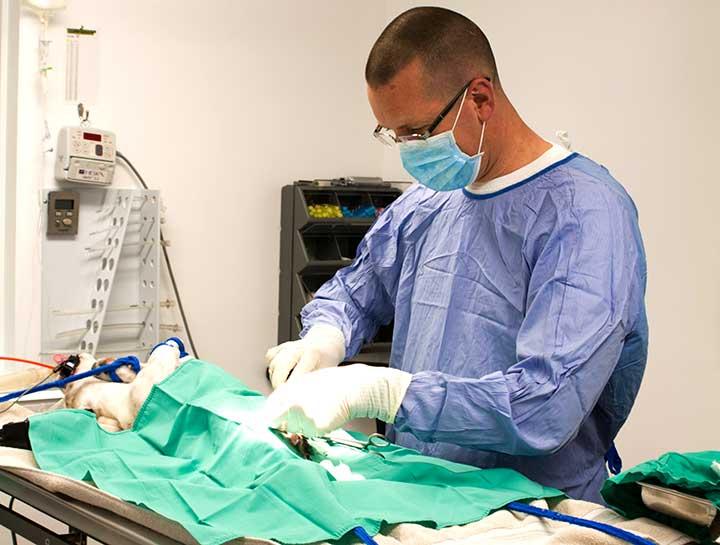In the battle against pesky parasites, many pet owners may find themselves reaching for the latest deworming treatments without considering the potential consequences of overdoing it. Are our beloved furry companions being excessively medicated, or are we simply erring on the side of caution? Let’s delve into the controversial topic of worming our cats and dogs to uncover the truth behind this common practice.
Understanding the dangers of over-worming our pets
Many pet owners are diligent about keeping their furry friends free from parasites by regularly deworming them. However, it’s essential to understand the potential dangers of over-worming our pets. While worms can cause serious health issues in our cats and dogs, using excessive deworming medications can also have negative consequences.
**Here are some reasons why over-worming our pets can be harmful:**
- Resistance to medications: Overusing deworming medications can lead to parasites becoming resistant to the treatment, making it less effective when truly needed.
- Side effects: Excessive deworming can cause adverse reactions in pets, including gastrointestinal upset, lethargy, and even allergic reactions.
- Impact on overall health: Continuous use of deworming medications can disrupt the balance of good bacteria in the gut, leading to digestive issues and a weakened immune system.

Signs and symptoms of worm over-medication in cats and dogs
Worm over-medication in cats and dogs can lead to various signs and symptoms that pet owners should be aware of. It is important to monitor your pets closely for any indication of over-worming, as it can have negative consequences on their health. Some common signs and symptoms to watch out for include:
- Weight loss: Over-medication can cause your pets to lose weight unexpectedly.
- Diarrhea: Persistent diarrhea may be a sign of worm over-medication.
- Vomiting: If your pets are vomiting frequently, it could be a sign of over-worming.
It is crucial to consult with your veterinarian if you notice any of these signs and symptoms in your cats and dogs. They will be able to provide the necessary guidance and treatment to help your pets recover from the effects of over-worming.

The importance of proper veterinary guidance for parasite control
When it comes to parasite control for our furry friends, many pet owners may not be aware of the potential risks of over-worming. While regular deworming is essential for maintaining your pets’ health, it is crucial to do so under the proper guidance of a veterinarian. Over-worming can lead to resistance in parasites, making it harder to eliminate them in the future. Therefore, it is important to consult with a vet to determine the most appropriate deworming schedule for your pets.
Furthermore, proper veterinary guidance can ensure that the right type of dewormer is being used for your pets’ specific needs. Different parasites require different treatments, and a vet can help identify the specific parasites that need to be targeted. By working with a veterinarian, pet owners can help prevent the unnecessary use of dewormers and ensure that their pets are receiving the appropriate and effective parasite control they need.

Tips for responsible worming practices for your furry companions
Best Practices for Worming Your Pets
When it comes to worming our beloved furry companions, it’s important to strike a balance between protecting their health and avoiding unnecessary treatments. Here are some tips to ensure responsible worming practices for your cats and dogs:
- Consult with your veterinarian to create a tailored worming schedule based on your pet’s lifestyle and risk factors.
- Use fecal tests to determine if your pet actually needs to be wormed, rather than following a strict calendar-based approach.
- Choose a reputable worming product that targets the specific type of worms your pet is at risk of, rather than using broad-spectrum treatments unnecessarily.
| Tip | Remember to wash your hands after handling your pet and their feces to prevent the spread of worms to humans. |
By following these tips, you can ensure that you are providing the best care for your pets while also being mindful of their health and well-being.
In Conclusion
In conclusion, the question of whether we are over-worming our cats and dogs is a complex issue that requires careful consideration. While it is important to protect our pets from parasitic infections, it is also crucial to avoid unnecessary treatment and potential harm. By working closely with veterinarians to develop individualized parasite control plans, pet owners can ensure the health and well-being of their beloved furry companions. Remember, a balanced approach is always the best course of action when it comes to caring for our four-legged friends.





